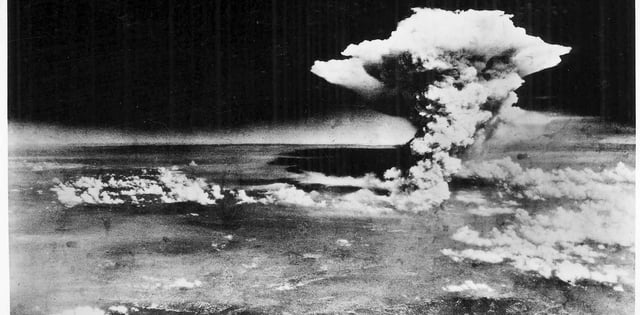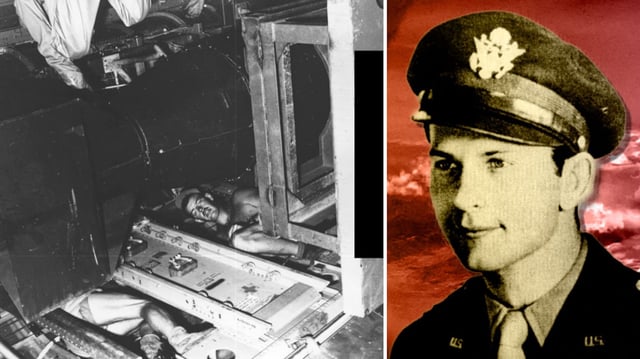Overview
- Manhattan Project’s Trinity test and the subsequent deployment of “Little Boy” over Hiroshima and “Fat Man” over Nagasaki are credited with precipitating Japan’s surrender and ending World War II.
- Pilots Paul Tibbets and Charles Sweeney maintained that the bombings were necessary to end the war while meteorological pilot Claude R. Eatherly faced legal issues, psychiatric hospitalizations and deep personal guilt.
- Decades of health studies document elevated rates of cancers, genetic disorders and chronic illnesses among survivors and their descendants due to radiation exposure.
- Archival research and official statements have debunked long-standing legends such as the claim that pilot Paul Bregman committed suicide over guilt for the Nagasaki mission.
- Commemorations this week frame the bombings as both decisive military actions and the dawn of the nuclear age, prompting renewed reflection on ethical and disarmament challenges.


